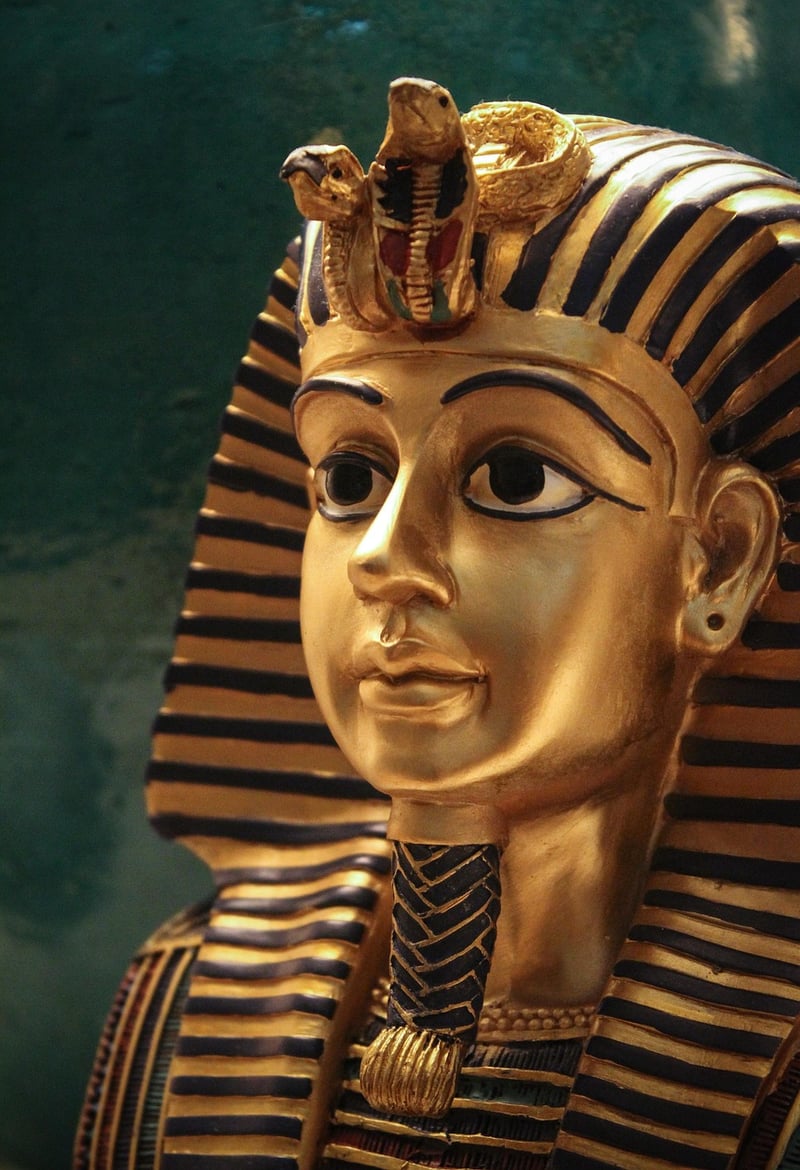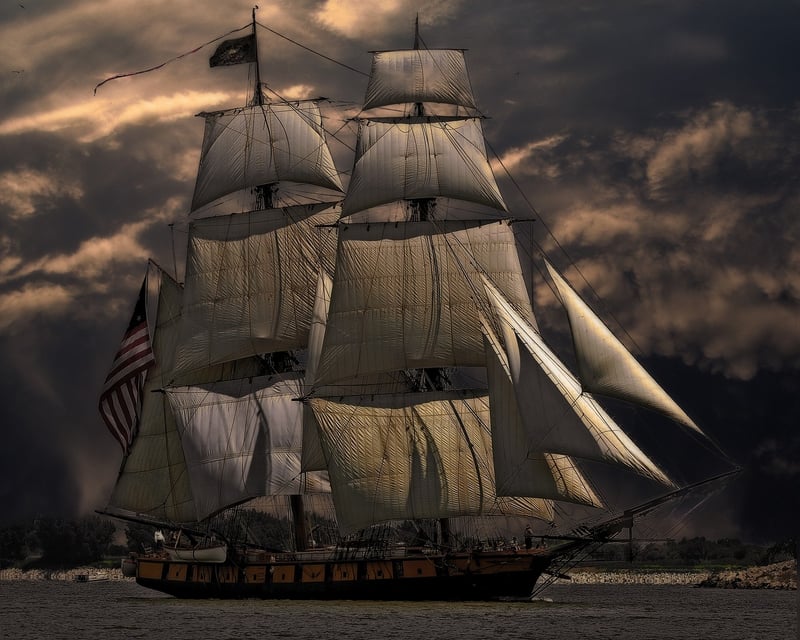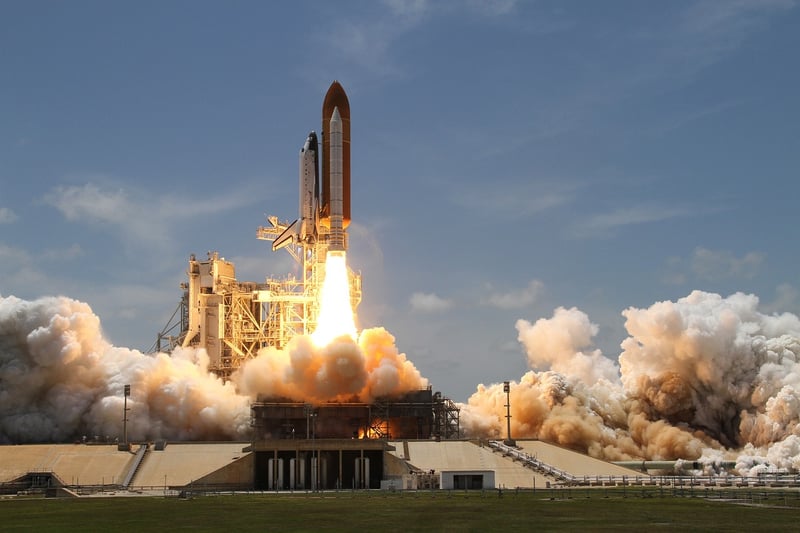Future Exploration
The Evolution of Exploration Through Different Eras and Future Prospects
Ancient Explorations
Ancient civilizations like the Egyptians and Phoenicians were early pioneers of exploration, using primitive ships to navigate the seas and discover new lands.

Age of Discovery
The Age of Discovery saw explorers like Columbus, Magellan, and Vasco da Gama embark on daring voyages to find new trade routes and lands, leading to the globalization of the world.

Space Exploration
In the 20th century, space exploration became a reality with the launch of Sputnik and the Apollo missions, culminating in humans setting foot on the moon.

Future of Exploration
As we look to the future, exploration is set to enter a new era with missions to Mars, the development of space tourism, and the possibility of interstellar travel.

Key Points:
- Ancient civilizations laid the foundation for exploration.
- The Age of Discovery expanded global horizons.
- Space exploration opened up new frontiers beyond Earth.
- The future holds exciting prospects for exploration.
Exploration has always been a driving force behind human progress, pushing the boundaries of what is possible and expanding our understanding of the world and the universe. From ancient seafarers to modern astronauts, each era has brought new challenges and discoveries, shaping the course of history. As we stand on the brink of a new age of exploration, the possibilities are endless, and the next great adventure awaits.
For more information on exploration throughout history and future missions, visit NASA's official website.
